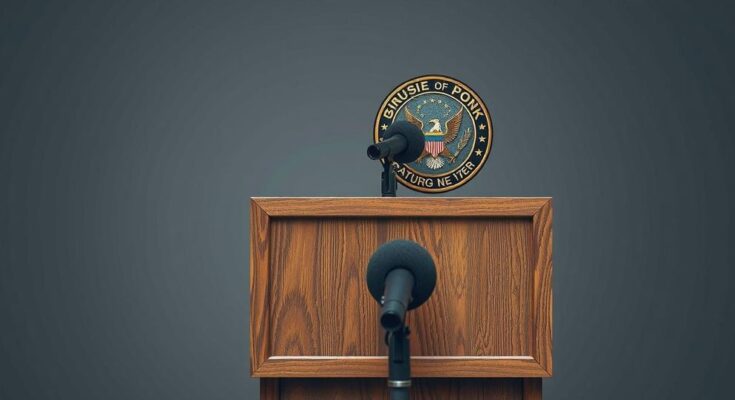- Iraq War Veteran Paul Rieckhoff criticizes Pete Hegseth’s media remarks.
- Hegseth’s comments seen as ‘conduct unbecoming’ by veterans.
- Critics stress the need for military focus on real threats.
Defence Secretary Criticised for Media Lecture During Crisis
Amid rising tensions in the Middle East, Defence Secretary Pete Hegseth recently found himself in the eye of the storm, sparking controversy after a media briefing on the U.S. military’s strikes against three Iranian nuclear facilities. During the press conference, Hegseth directed a pointed critique at the media — particularly outlets like CNN — accusing them of insufficiently conveying the complexities of the military actions. However, opinions are starkly divided, with some voices questioning whether such confrontational tactics were appropriate for someone in his position. Some, like Iraq War veteran Paul Rieckhoff, argue that Hegseth’s energy would be better spent addressing actual threats, rather than taking aim at reporters.
Critics Call for Focus on Real Threats, Not Media Battles
Reickhoff, speaking out passionately, labelled Hegseth’s behaviour as ‘conduct unbecoming’ of a public servant tasked with overseeing military affairs. He echoed concerns from several corners about the priorities of Hegseth; instead of a combative stance toward the press, the veteran suggests there should be a focus on how best to navigate volatile international waters, particularly regarding Iran. The underlying message? Press relations should be less combative and more collaborative, especially in a climate where informed public discourse is vital. Although Hegseth feels justified in countering what he sees as misinformation, critics argue that beating down the media won’t shield the nation from perilous threats abroad.
Importance of Media Relations in Military Decision-Making
This debacle raises significant questions about the broader relationship between military leadership and the media. As tensions escalate and military operations unfold, the manner in which information is presented becomes paramount. With the public increasingly invested in these decision-makers, how leaders like Hegseth interact with the press can dictate much more than just immediate narratives; it sets a tone for future engagements, both journalistically and politically. Ultimately, Hegseth’s comments have stirred debate, calling into question whether military officials should adopt a more reconciliatory approach with the press during such critical, high-stakes moments.
In summary, Hegseth’s press conference sparked controversy, with many veterans like Reickhoff expressing a need for focus on enemy threats rather than media skirmishes. With delicate international relations at play, the dynamics between military leaders and the media are essential to navigate effectively. Moving forward, perhaps a more amicable stance would benefit not just the Department of Defence but also public understanding of military actions.




